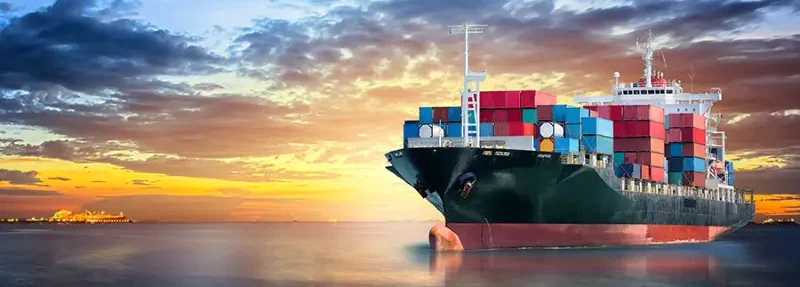TPP Agreement good news for wine sector — Exporter Magazine

International wine sales are expected to catapult with the signing of the Trans Pacific Partnership (TPP) Agreement, a move welcomed by one of New Zealand’s biggest wine growing regions.
Hawke’s Bay Wine praises the signing of the Agreement, saying it will not only facilitate burgeoning wine exports worth millions of dollars, it will also provide another platform to draw in greater tourism numbers.
“The industry as a whole will benefit, and potentially this could mean millions of dollars’ worth of exports for Hawke’s Bay, as New Zealand’s second largest wine region,” James Medina, chief executive of the governing body, Hawke’s Bay Wine, says.
“Our understanding of the TPP Agreement is that it paves the way for tariffs to effectively be removed, dependant on individual markets – although some countries may take longer than others.”
Medina highlighted the United States, Japan and Canada as the countries that could provide the most lucrative partnerships, predominantly due to their market size. However Malaysian and Singapore would also be strong targets for wine exports. Hawke’s Bay Wine had already established itself as a quality-producing region in China, he said.
“We anticipate this will bring greater interest in our world-class chardonnay, merlot cabernet and syrah, given the accolades they are constantly picking up on the international stage. That could result in exports worth many millions, and the flow on from that will be more international tourists wanting to experience the region where these wines originate.”
Waiving tariffs in the TPP Agreement would not be to the detriment of the domestic market, Medina says.
“We still need to remain competitive against international wines being imported into the local arena, and there will be wineries that are not export focussed of export ready, who will protect domestic consumption.”
Wine is New Zealand’s sixth largest export, at a value of $1.46 billion. Prior to the TPP signing, the sector was aiming to take that to $2 billion by 2020.







